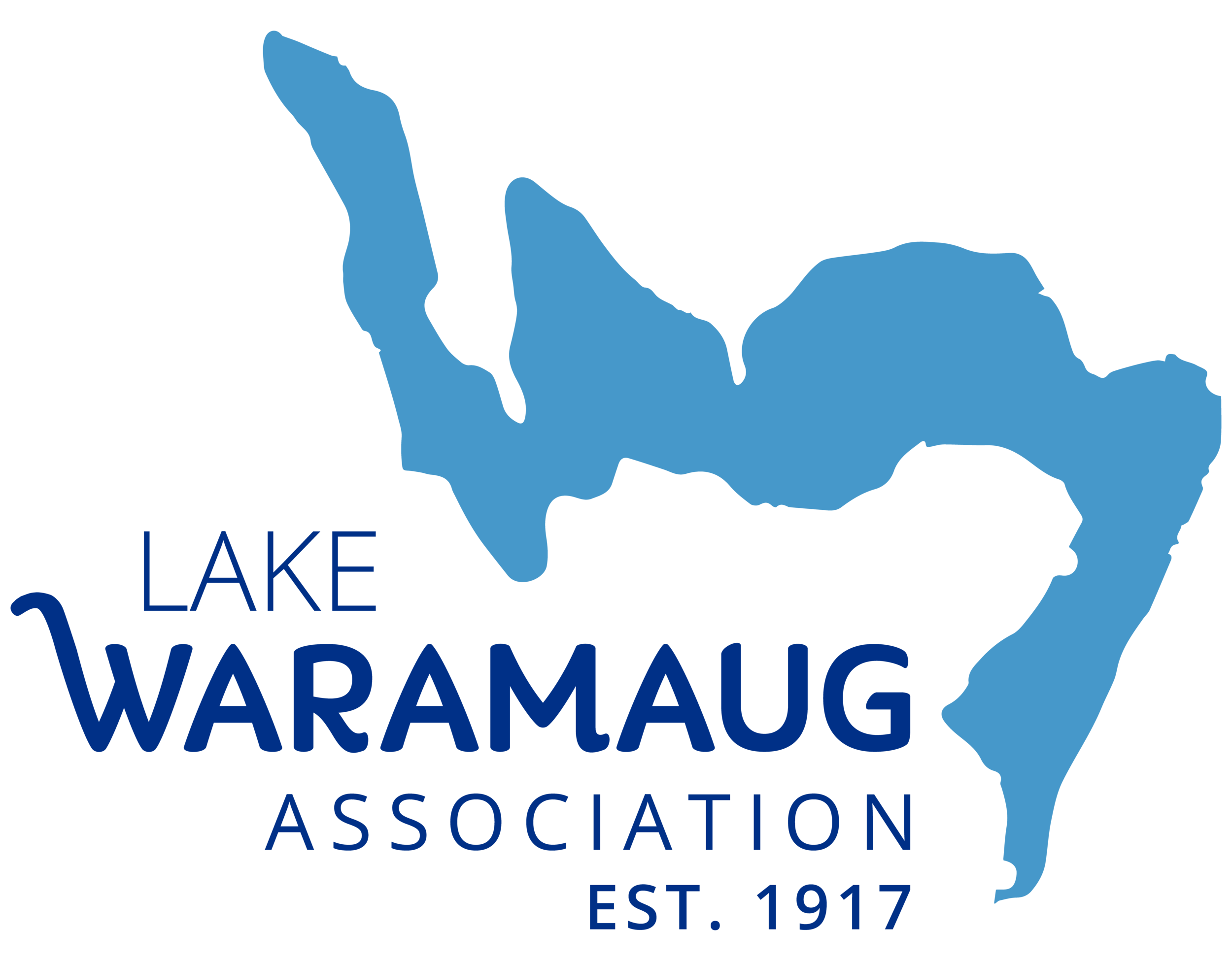Plant 100 Trees
Trees benefit our environment in many ways, and they are especially important in maintaining water quality in that they both reduce and cleanse storm-water runoff, and prevent erosion.
In celebration of the LWA Centennial, our goal is to have 100 trees planted around the lake. Here are three great websites, with a summary of their primary features, to give you some guidelines on selecting, planting, and caring for trees. They will all ask for your USDA Hardiness Zone, which you can search by zip code on all the sites as well as at www.plantmaps.com. The Lake area straddles zones 5 and 6.
Arbor Day Foundation
https://www.arborday.org/trees/
Arbor Day Foundation is a conservation and education organization: "We inspire people to plant, nurture, and celebrate trees." This website includes:
Buy Trees: Shop their tree store by searching for trees using several categories, including tree type, soil type, and sun exposure.
Tree Identification: An illustrated, step-by-step guide that allows you to identify a tree by its leaves or needles.
Planting & Care: Provides a number of tips, techniques, and resources to guide you in selecting, planting, and caring for your tree: "It is important to remember that proper tree care starts when you select a tree and that what you do to your tree in its first few years of life will affect its shape, strength, and even its life span."
Benefits of Trees: Information on the many benefits of trees, including absorbing and cleansing storm-water, conserving soil, providing wildlife habitat, and reducing the effects of climate change.
Choosing the Right Tree: Includes a number of helpful features, including information on over 200 trees, placing the right tree in the right place, and providing benefits for wildlife.
UConn College of Agriculture, Health, and Natural Resources
http://www.hort.uconn.edu/plants/
A plant database that allows you to search for trees either by name, which leads you to an information page, or by a variety of basic traits, including native/non-native, size, foliage character, and site characteristics.
Connecticut Tree Protective Association
An educational association: "CTPA is dedicated to advancing the care of Connecticut's trees."
Why Hire an Arborist?: In the State of Connecticut, only arborists licensed by the State "may prune, cable, fertilize, or spray trees on a commercial basis." Learn more about licensed arborists here, why you should hire one, and how to find one in your area.
Connecticut's Native Trees: The approximate distribution of our native trees by type, and our ten most common native trees.
Tree Care & Landscape Professionals: Includes information on tree diseases and non-native invasive insects in Connecticut.
Education: Includes a number of educational links, many of them for arborists, but some for the general public as well, including information on tree planting, health, and care.

